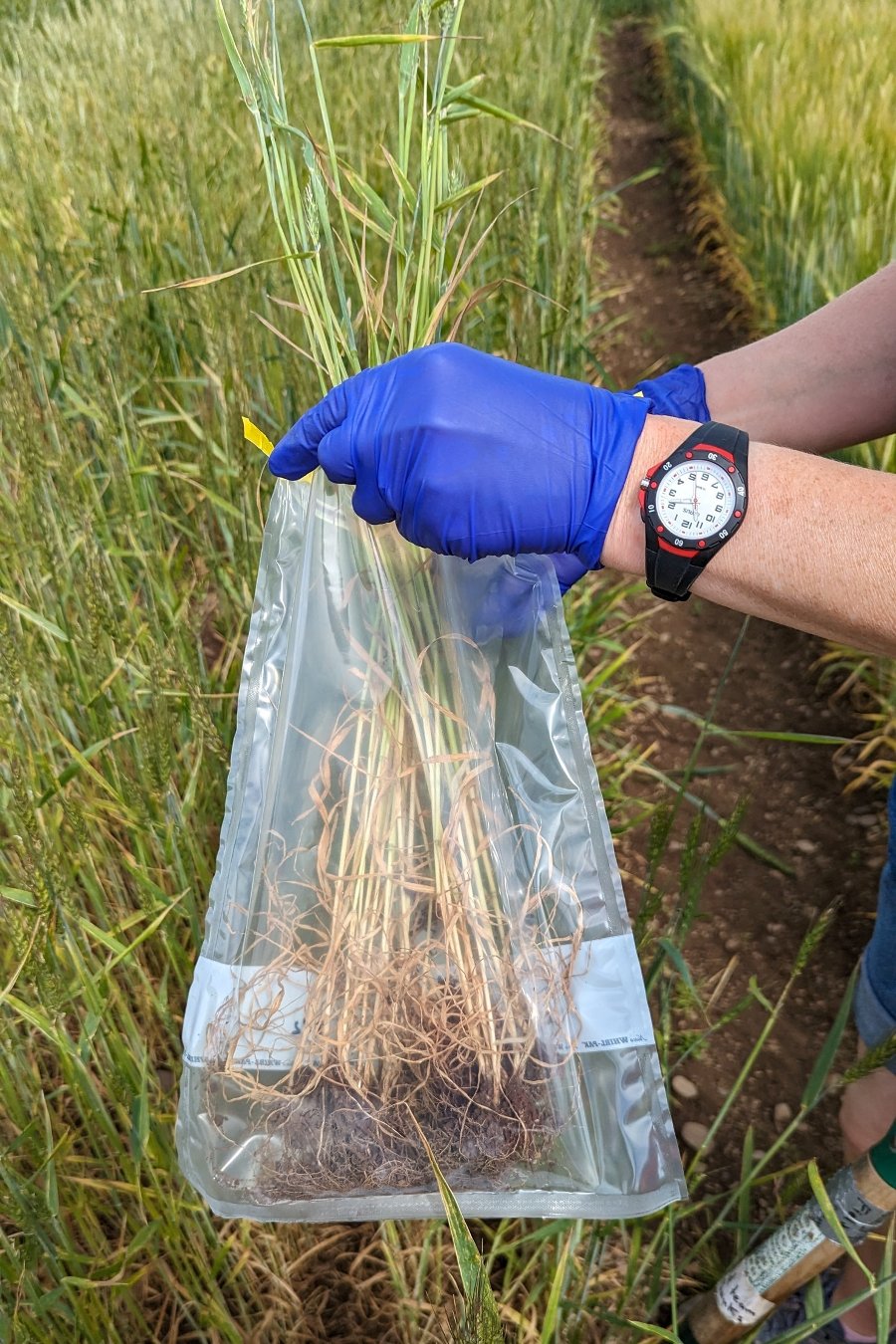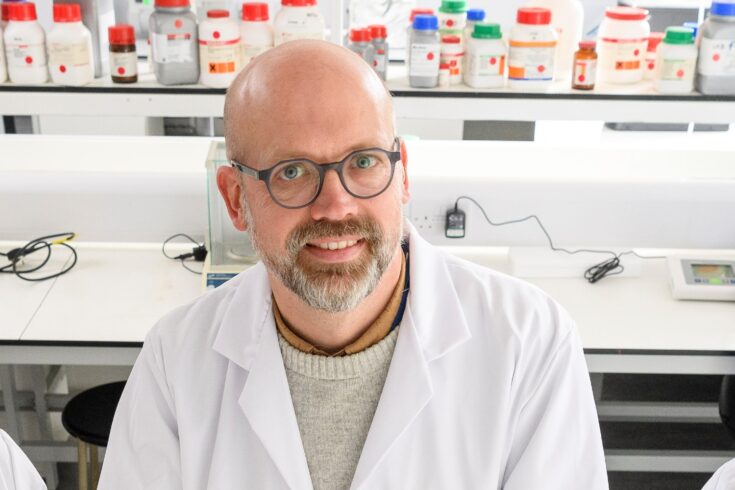It may take place out of sight, but the interaction between plant roots and the soils around them is vital for us to understand. Especially given the added stresses caused by climate change, which is likely to cause more frequent periods of drought, or more drastic swings between droughts and floods.
The EU-funded Root2Resilience project is trying to understand this vital question: how are the roots that sustain plants, including the crops that feed us, likely to cope with the effects of climate change?
Crops resilient to climate stress
As Professor Tim George, a soil scientist at the James Hutton Institute, explains:
The ultimate aims of the project are very practical. Our goal is to provide plant breeders with information and tools that enable them to breed crops that are more resilient to climate stress.
Much of the breeding that happens at the moment doesn’t take account of what happens below ground: it’s focused on yield, for example. But the root/soil interface is where plants get their resources from. All of the nutrients, all of the water, has to pass from soil to roots.
Understanding how that works is absolutely critical.
Research making a difference
The five-year project has been running for around a year.
Its achievements so far include the development of new tools for seeing what’s going on underground in different plant varieties. This builds up a picture of the plant’s phenotype, or the set of its observable traits.

A researcher placing a plant and its roots into a plastic bag. Credit: James Hutton Institute
These tools can be applied in the field, which is of course a much more complicated environment than a lab. Studying roots in situ is difficult, but it makes all the difference with this kind of research.
This project is jointly coordinated by the James Hutton Institute and the French ARVALIS, Institut du végétal.
UK expertise
UK expertise is central to it. The James Hutton Institute leads on some of its aspects relating to genetics. While agri-tech company RSK ADAS Ltd is working to determine the traits that it’s important to identify in roots, connected to their climate-resilience.
The University of Dundee, meanwhile, is making a strong contribution to work on the microbiomes around roots: the communities of microorganisms that can be found living together around them.
Global significance
For George, receiving a Horizon Europe guarantee grant has been crucial for these UK partners.
Without it, we wouldn’t have been able to be part of the project. That would have been a loss to us, of course, but it would also have been a loss to the project.
The importance of the UK’s contribution in this area goes well beyond the UK: it’s of global significance. We need crops that are able to grow in future climate conditions: if we don’t, we’ll all have major problems around food security.
This project builds on long-term relationships that we’ve developed with our European partners, combining our strengths. That’s one of the advantages of being involved in these EU-funded projects: you get to interact on a continental scale with lots of different partners, to tackle problems that face us all.
The Horizon Europe guarantee enables the UK partners still to have that opportunity.
Top image: Professor Tim George in a laboratory at the James Hutton Institute in Dundee. Credit: James Hutton Institute

